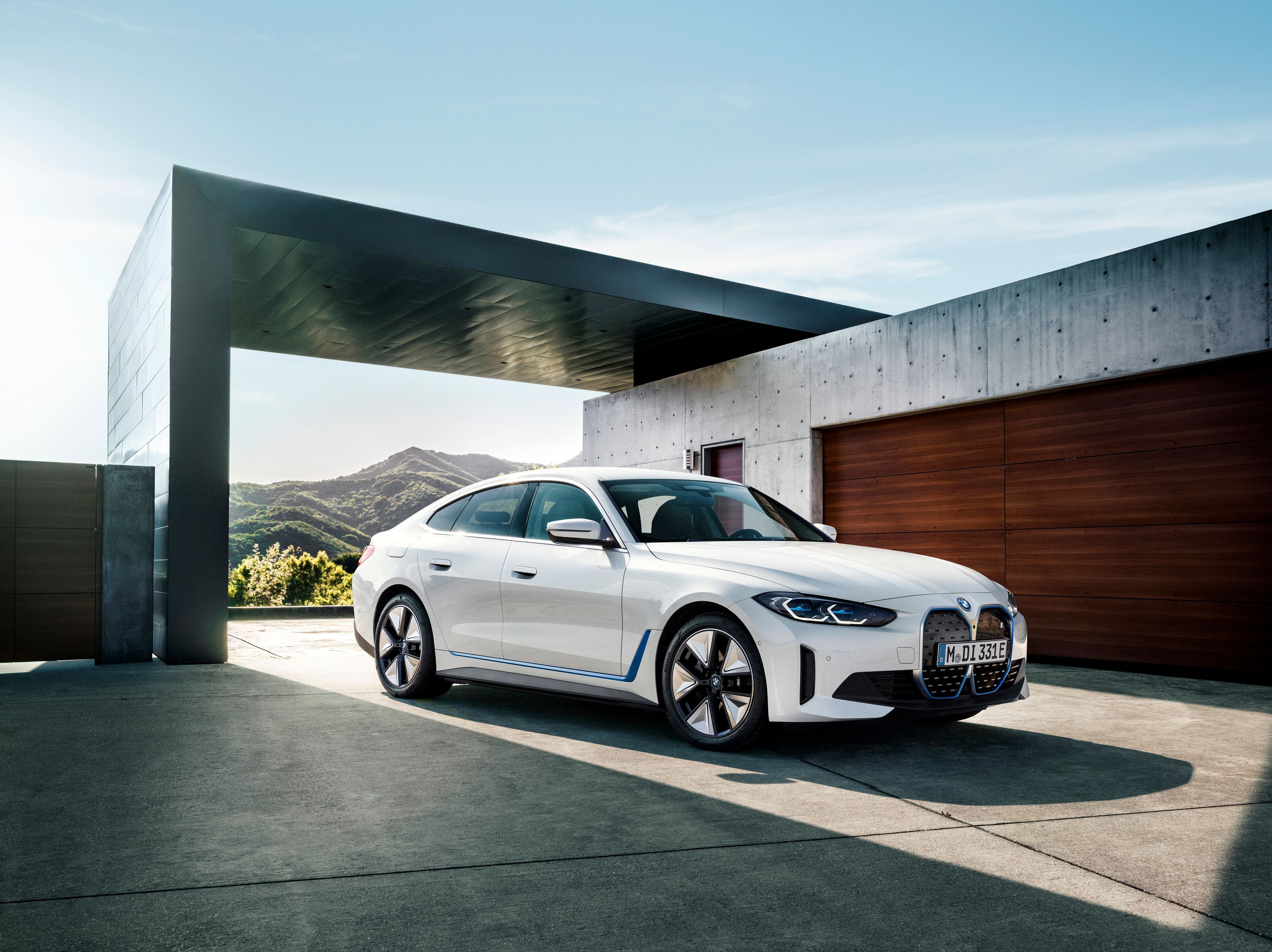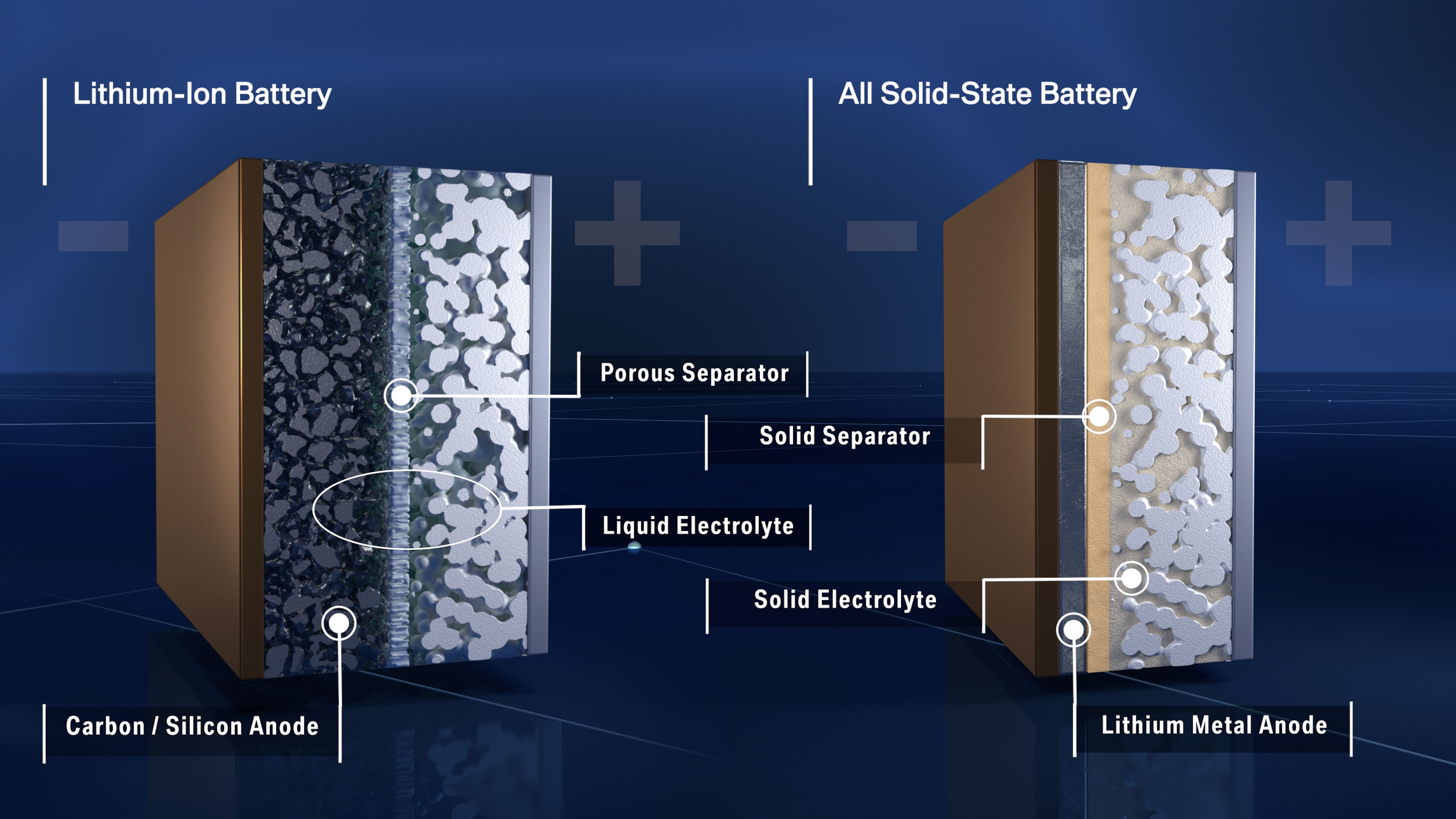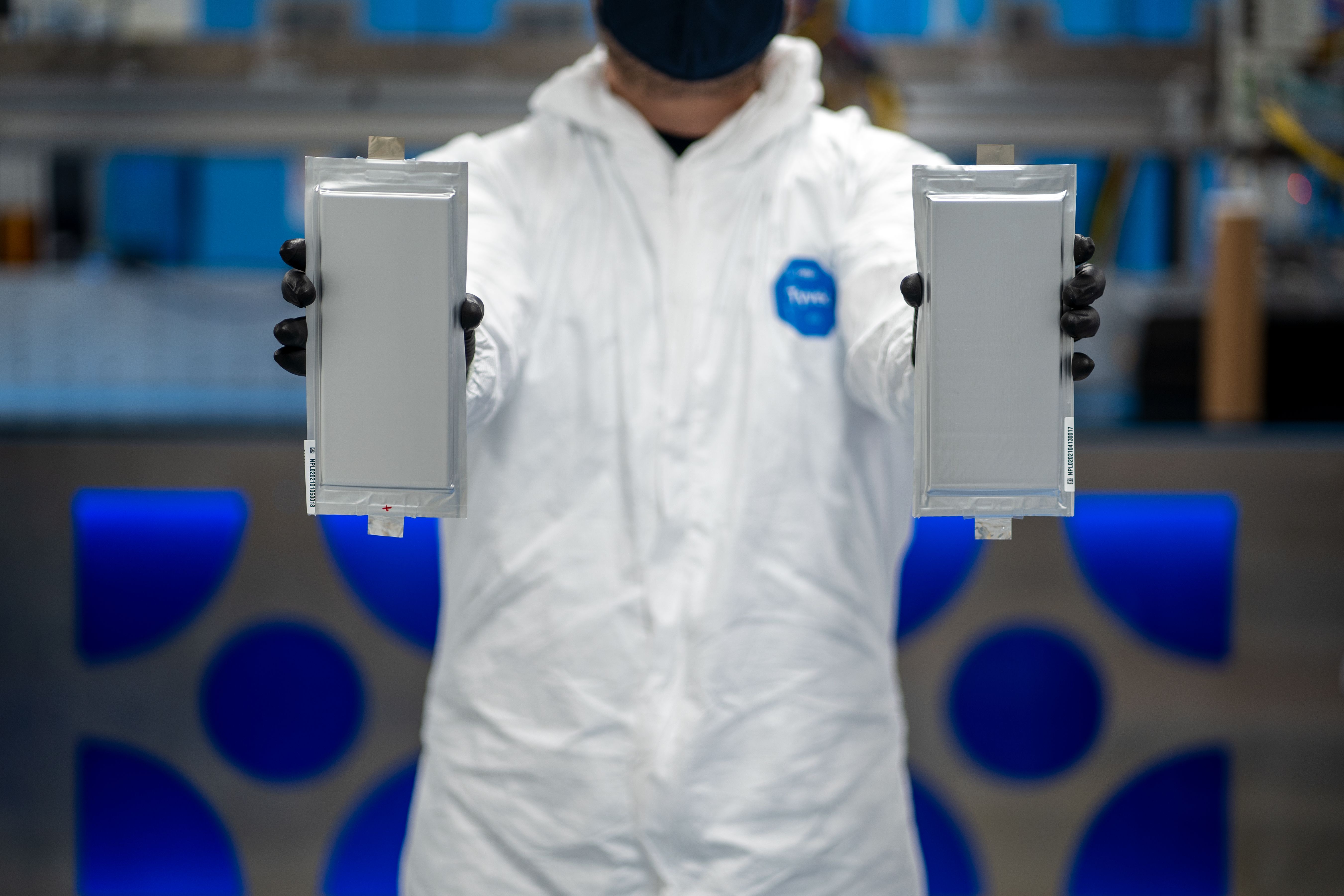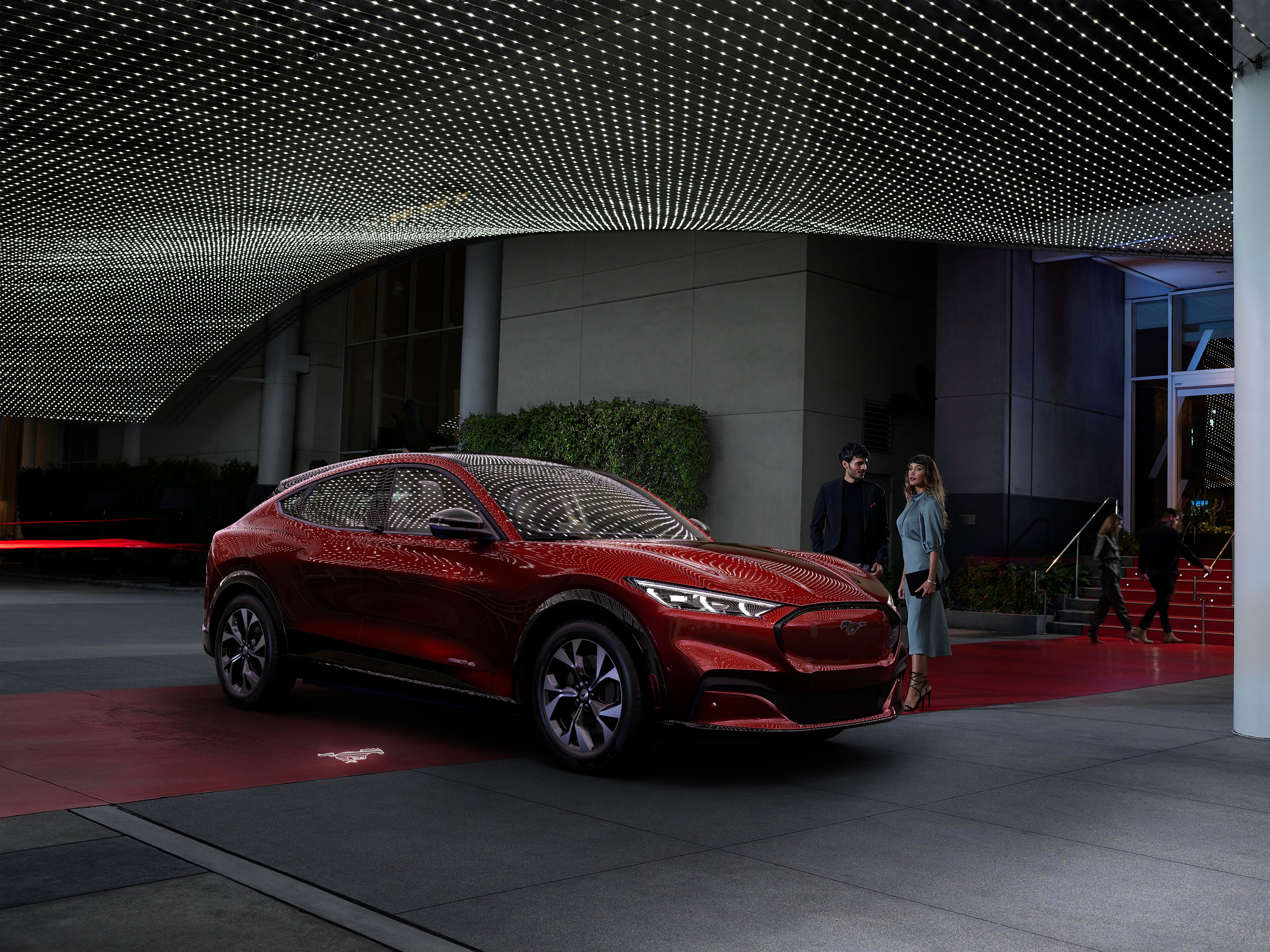The promises of solid-state batteries such as longer range, faster charging times, and being free from rare earth metals will most definitely make electric vehicles (EVs) mainstream. Among the numerous solid-state battery start-ups out there, Colorado-based Solid Power seems to be ahead of everyone else, thanks to BMW and Ford investing in the company. These two companies could be the first to benefit from Solid Power's new technology, but that also means they'll share some DNA.
Without getting too technical, solid state batteries don't come with a liquid or gel electrolyte that is found in current lithium-ion batteries. As a result, they hold more energy, charge faster, and are safer in the event of a crash because solid-state batteries won't combust, even when punctured. According to Solid Power, its batteries can even charge from 10 to 90 percent in as little as 15 minutes.
It's one thing to successfully develop the tech, but it's another to actually produce a lot of them to supply the growing demand for EVs. Solid Power, however, has just announced that it is launching a pilot production line this year, and the company is aiming to produce 15,000 cells per year for its OEM partners. With this in mind, Solid Power is poised to be the first among a crop of start-ups out there to commercialize solid-state batteries.
This then brings to mind BMW and Ford, who are two major investors in Solid Power. This means that the two companies will share the same solid state battery tech. Does this mean that a future BMW iX could share the same solid state battery with a Ford Mustang Mach-E? It's quite possible, at least if you exclude different battery mounting points.
This also raises the possibility that future EVs from these two automakers will share some DNA. Whether it will be Ford inheriting some of BMW's driving flair found in the i4 or iX, or BMW inheriting some of Ford's off-road flair from its EV pickup like the F-150 Lightning. Whatever the case, we can expect future EVs from Ford and BMW to have a certain degree of shared DNA between the two brands because of this common battery technology.
This level of similarity isn't new in the EV industry. General Motors, for instance, will build electric crossover SUVs for Honda using their Ultium battery tech. While the exterior and interior design will be under the Japanese automaker, the design of these EVs will be centered around the Ultium batteries. Likewise, future BMW and Ford models could be centered around the same exact battery technology from the start of development.




